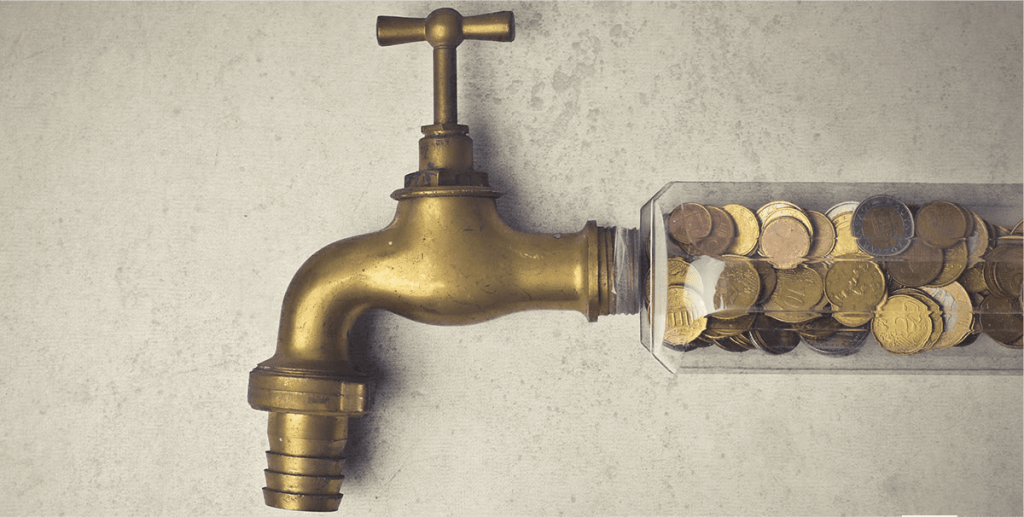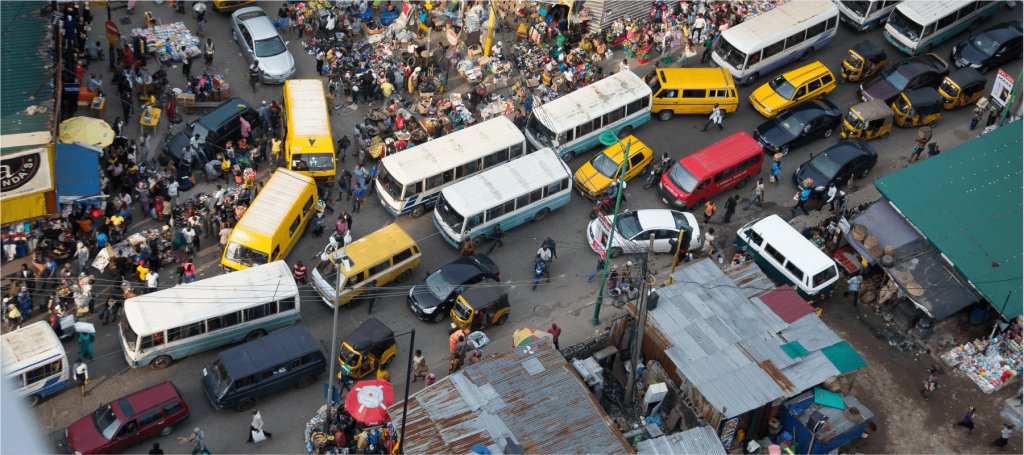Why the CBN raised Nigeria’s interest rate, explained

Nigeria’s apex bank, the Central Bank of Nigeria CBN has increased the country’s interest rates thrice in a row, first from 11.5% to 13% and then to 14% and now to 15.5%, one of the most aggressive rate hikes in years.
The CBN claims the move is to stymy the country’s inflation rate which rose to 20.52% in August 2022, from 19.64% in July, one of the worst in decades and it is unrelenting.
In addition, the CBN also increased bank CRR to 32.5%. What do all these numbers mean for the average Nigerian?
Factors causing Nigeria’s inflation
Inflation is caused when there’s too much cash chasing a relatively fewer supply of goods. And the Nigerian economy has seen major supply side problems, some of which are local, others are worldwide. Some of these supply side disruptions include;
Energy Cost: When Russia invaded Ukraine earlier this year, it sent up the price of crude oil globally as most Western countries imposed a sanction on Russia – one of the world’s largest producer of crude oil. The rise in energy costs also triggered a rise in transportation and production costs as most companies in Nigeria rely on diesel powered generators due to lack of other sustainable energy.
Insecurity: Nigeria ranks as one of the most dangerous countries in the world with terrorist attacks, the spate of kidnappings, armed robberies, and other nefarious activities that have negative impact on the economy affecting the ability of businesses to produce and distribute their goods and services.
Poor Infrastructure: infrastructural challenges such as poor road networks, dilapidated transportation, and poor power supply have increased the cost of production sending prices high.
2023 Elections: As the general elections next year draws closer, several politicians will be spending lots of money to woo voters, this massive spending in a short period of time can threaten currency stability.
Imported Inflation: Nigeria is not the only country experiencing higher inflationary pressures. Most countries where we import from are also facing higher inflation and it is likely that we will import this inflation whenever we buy goods and services from them. More than 80% of the goods and services Nigerians consume is imported including petroleum products, clothes and electronic gadgets.
What the interest rate hike means for the average Nigerian

From the above causes of inflation, it is clear that the average Nigerian does very little to cause it, and yet they will be the most affected. Here is how;
Rise in cost of borrowing: The most obvious effect is that loan interest rate is now more expensive. This means that manufacturers and entrepreneurs that have taken a loan for their businesses will have to transfer that cost to the final consumer. If your local bakery has taken a loan from the banks, you can expect an increase in the price of bread for them to cover that loan.
CRR Increase: CRR means Cash Reserve Ratio – the amount of customer cash deposit the banks have to leave idle with the regulator. This means if a bank has a cash deposit of #100b, they have to deposit #32.5b with the CBN. Banks give loans and do other businesses from the deposit they have, this means lesser money is available to the banks to give out as loans. The average Nigerian can expect the requirements to get a loan to become more stricter as the banks try to reduce the number of people asking for loans.
Bottom Line
The CBN is introducing these austerity measures to control inflation in the economy. But these measures are unlikely to work if the federal government does not take steps to solve problems in the country’s supply chain. Insecurity needs to be addressed so that goods and people can travel freely across the country. Sound policies that will ensure the uninterrupted supply of energy to Nigerians is also needed, perhaps the much debated complete deregulation of the oil industry. The country’s dilapidated infrastructure also needs to be invested in.
Any steps outside these measures are most likely just a band aid that will not solve Nigeria’s inflation crisis.
